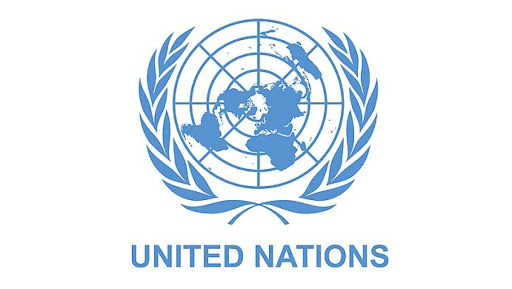SLUBICE (POLAND): The promise of seamless travel across European Union borders is being put to the test, as rising migration fears prompt renewed border checks, turning once-smooth crossings into daily traffic snarls.
On a recent journey, bus No. 983 from Poland to Germany came to an abrupt halt shortly after crossing the Oder River. Pulled into a checkpoint tent, German officers boarded, briefly detained a passenger for further inspection, and then allowed the bus to proceed—eight minutes delayed. Such scenes are increasingly common as Germany steps up visible efforts to clamp down on irregular migration.
Facing political pressure over the influx of asylum seekers over the past decade, Germany has reinstated border controls at multiple entry points. Neighboring countries—Austria, France, Italy, the Netherlands, and now Poland—have followed suit, citing similar concerns.
The renewed checks are allowed under EU agreements which, while promoting free movement across member states, permit temporary border controls in response to serious threats to public order or national security. But their frequent use this year is casting doubt on the bloc’s founding ideal of open internal borders.
Since early May, when Germany’s new government under Chancellor Friedrich Merz tightened immigration enforcement, border guards have intercepted an average of 110 migrants per day—up from 83 earlier this year, according to interior ministry officials.
The consequences are immediate and disruptive. Cross-border commuters, freight drivers, and local businesses are all feeling the pinch. In twin towns like Frankfurt an der Oder (Germany) and Slubice (Poland), which lie just across the river from each other, economic and social exchanges are being strained.
The rising tension has also sparked protests. Citizens in countries like Poland and the Netherlands have expressed frustration at being subjected to German vehicle checks. In some areas, vigilante groups in the Netherlands have started stopping cars arriving from Germany, checking for migrants themselves. Polish right-wing activists have pledged to push back any asylum seekers turned away by German authorities.
Interior Minister Alexander Dobrindt defended the policy shift, crediting it with reducing migrant numbers. “The change has begun—and it’s working,” he said last week.
But not everyone agrees. “We don’t have a migration crisis here,” said Tomasz Stefanski, deputy mayor of Slubice. “What we do have is a crisis of confidence in the European project. The very idea of the EU, and the freedom to move across its borders, feels increasingly fragile.”




